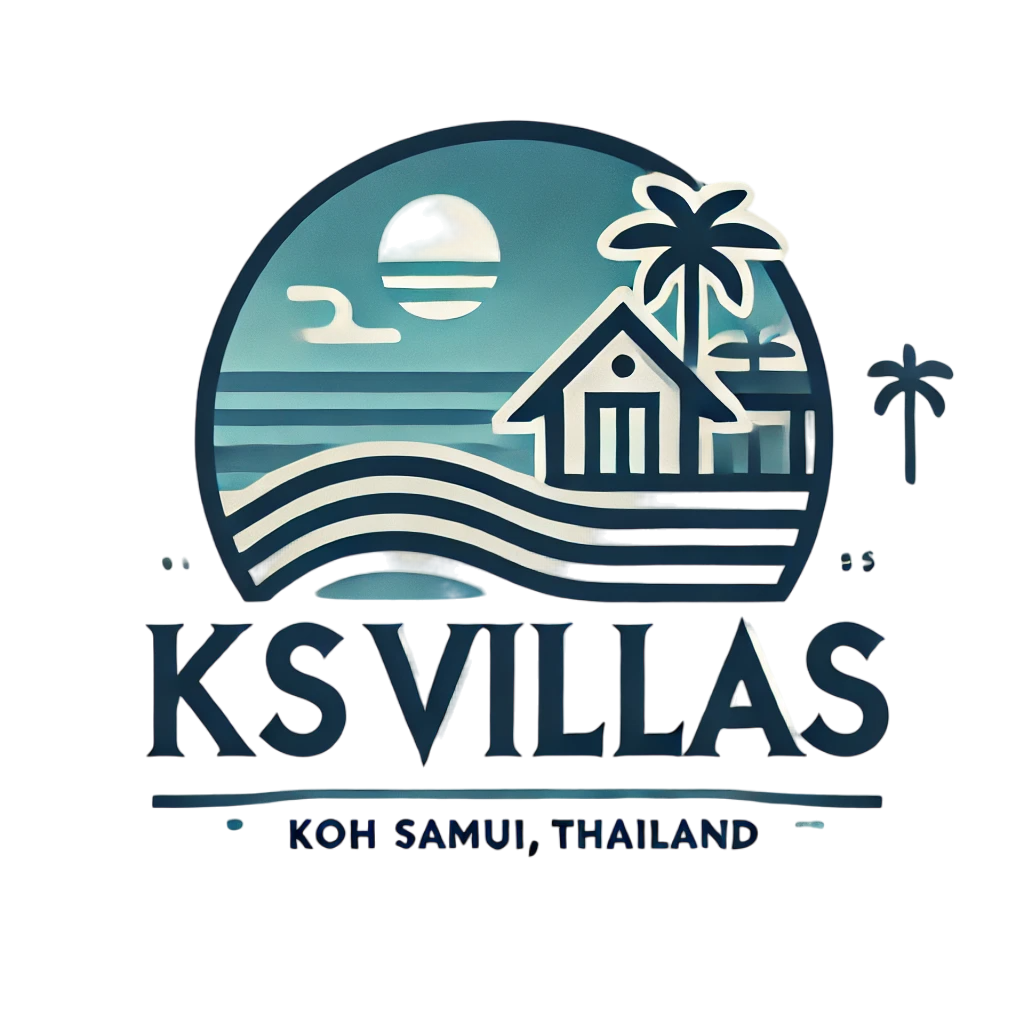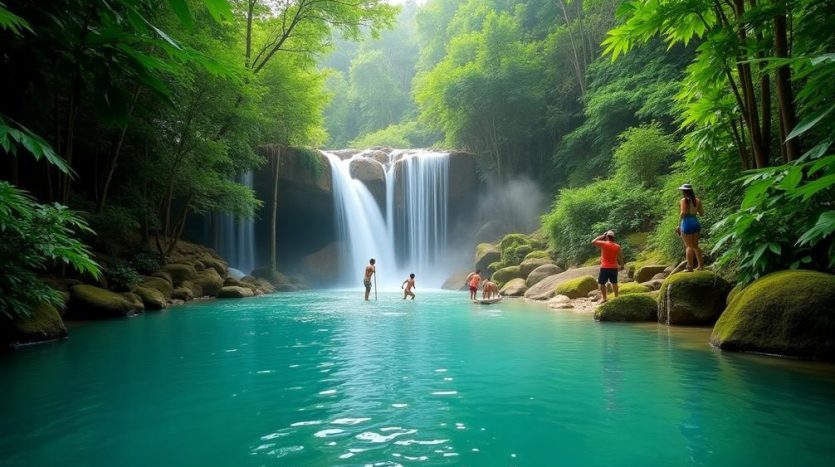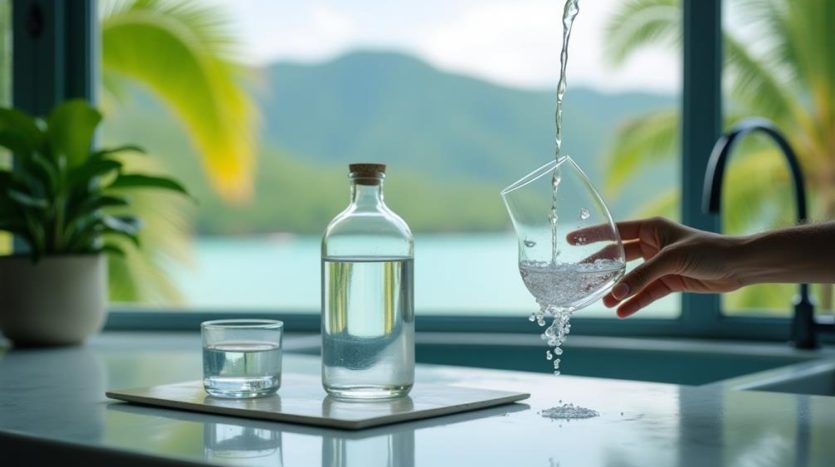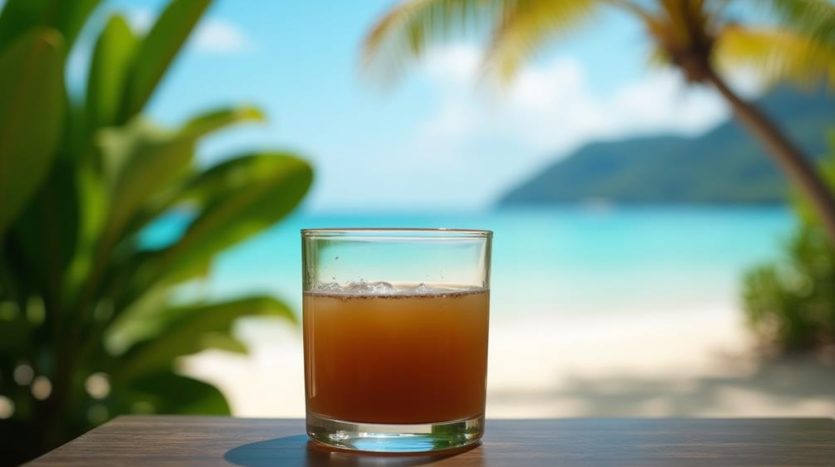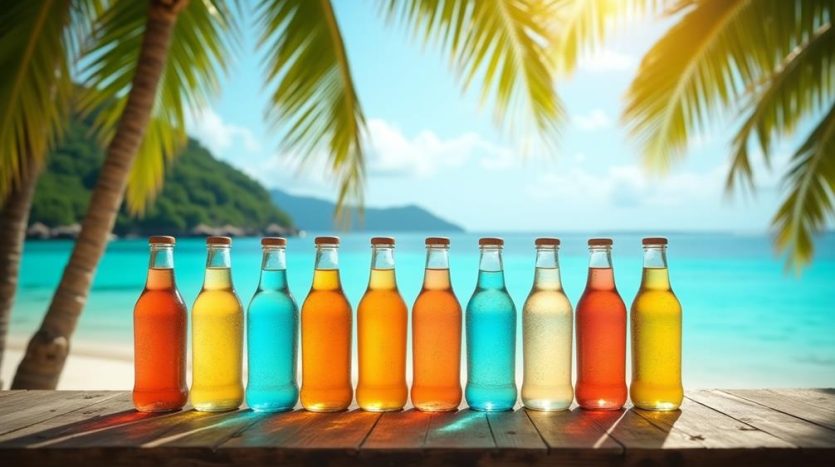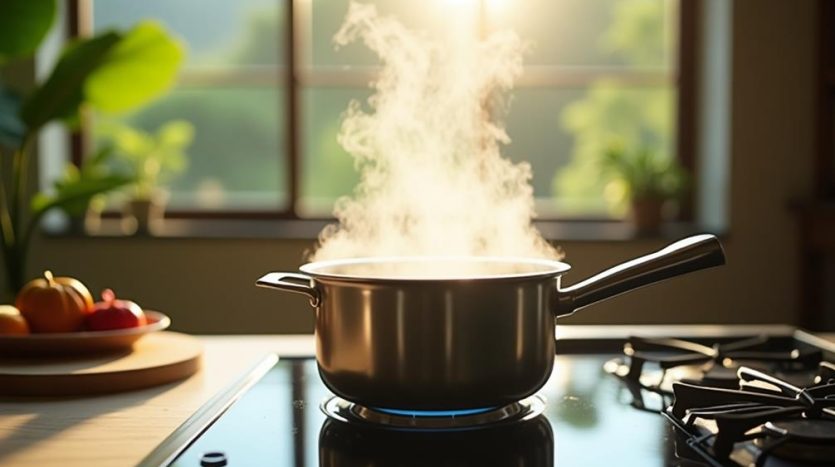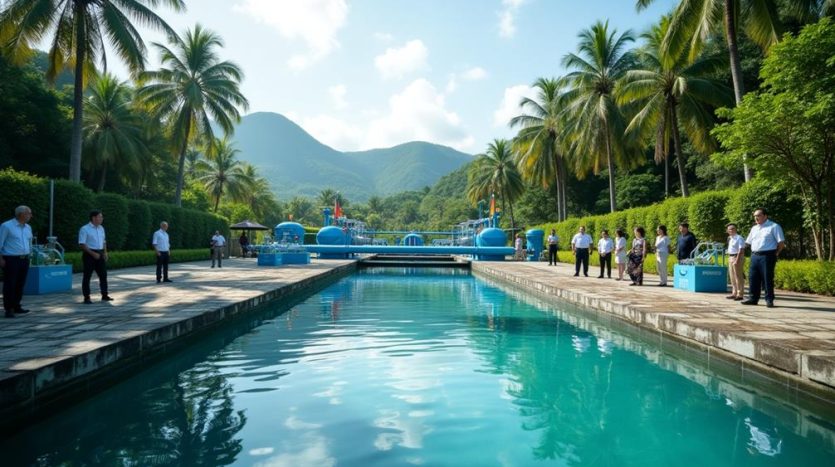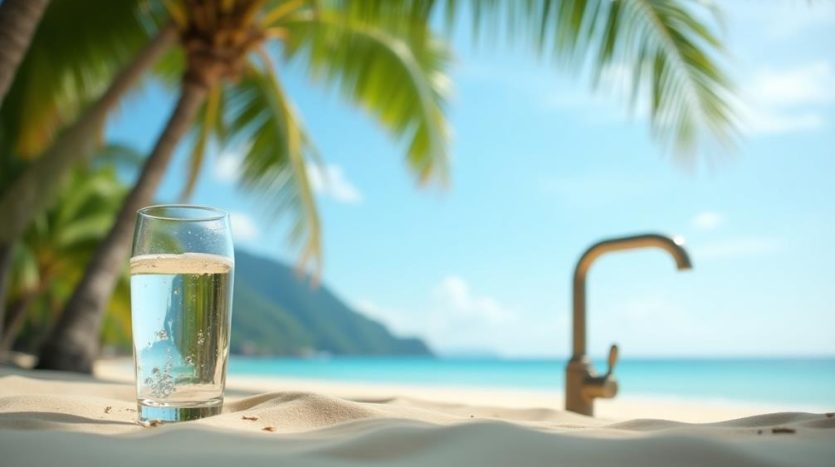Is Tap Water Safe in Koh Samui?
When in Rome, do as the Romans do – but should you drink the tap water in Koh Samui like the locals? You might assume modern water treatment facilities guarantee safety, yet concerns about contaminants often arise. Reflect on the potential health risks from bacterial contamination and heavy metals that lurk in the pipelines. Even with government efforts, it's crucial to evaluate if boiling water or sticking to bottled is the wiser choice. Wondering what the locals and experts suggest for safe consumption? Let's explore further.
Key Takeaways
- Tap water in Koh Samui is generally not recommended for drinking due to inconsistent quality and potential contaminants.
- Many accommodations provide complimentary bottled water and advise against drinking tap water.
- Treatment facilities use advanced technologies, but aging infrastructure may lead to contamination.
- Boiling tap water can make it safer for cooking and drinking by killing harmful pathogens.
- Bottled water and filtration devices are popular and reliable alternatives for ensuring safe drinking water.
Local Water Sources
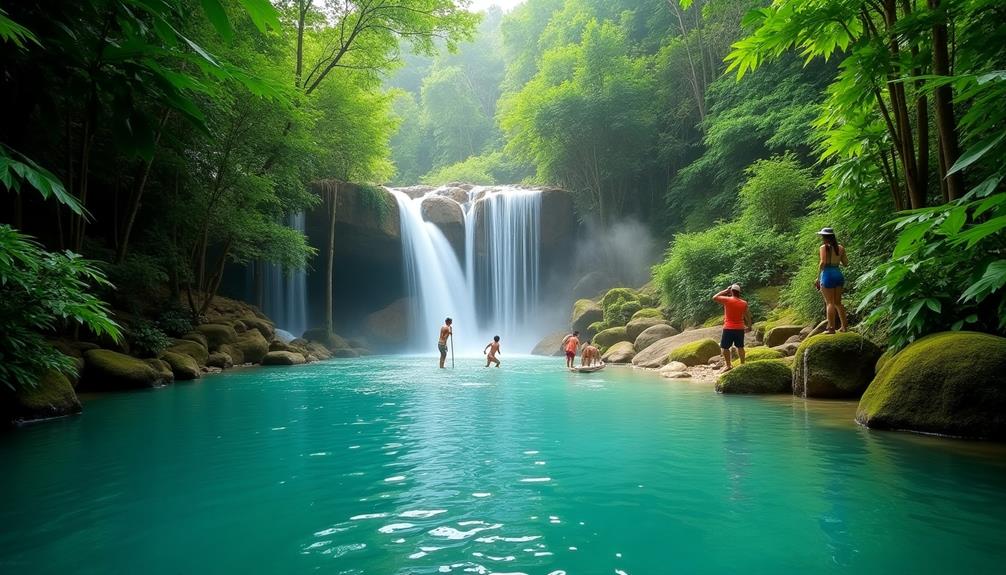
When discussing the safety of tap water in Koh Samui, it's essential to examine the local water sources.
You've got two primary water source types here: surface water and groundwater. Surface water, mainly from rivers and reservoirs, tends to be more vulnerable to contamination. Think of it as the over-sharer at a party, picking up everything from runoff to industrial waste.
Groundwater, on the other hand, is like the introvert – hidden away in aquifers and generally cleaner. However, it's not entirely safe from pollutants like heavy metals and pesticides.
Now, you're probably wondering about local purification efforts. Koh Samui's got a decent system in place, but it's not foolproof.
Local purification involves basic steps like sedimentation, filtration, and chlorination. These processes aim to remove physical and biological contaminants. But let's be real: it's a bit like using a colander to catch all the spaghetti and hoping none escapes.
Water Treatment Facilities
Given the limitations of local purification methods, it's important to look at Koh Samui's water treatment facilities. You might think that a tropical paradise like this is all about beaches and palm trees, but behind the scenes, there's a lot of tech keeping things clean.
Koh Samui employs advanced water treatment technologies to guarantee that the island's water supply is as safe as possible. The facilities here use a combination of filtration, sedimentation, and chlorination processes to treat the water.
But wait, there's more! Wastewater management is also a critical component. The island has robust systems in place to treat wastewater before it's released back into the environment.
Wastewater treatment plants use aeration tanks, biofilters, and even UV disinfection to break down contaminants and guarantee that the effluent is safe.
Quality of Tap Water
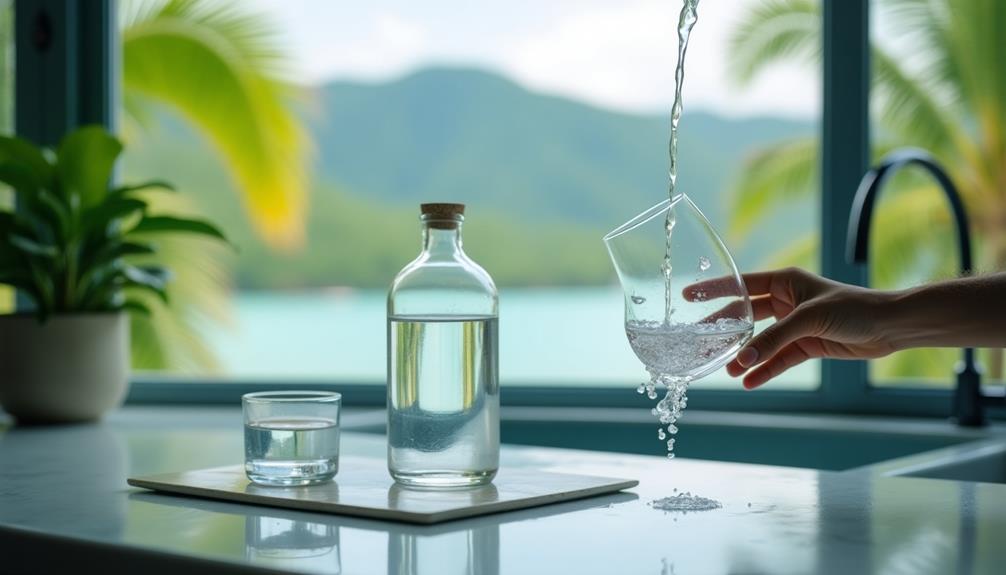
Quality of Tap Water
With regard to tap water quality on Koh Samui, it's vital to scrutinize the specifics. While the island may seem like a tropical paradise, you can't let the picturesque beaches fool you into ignoring the science behind the tap water standards.
You should know that water quality testing is carried out routinely to guarantee safety. Yet, the results can sometimes leave you scratching your head.
Here are some key points to reflect on:
- Water Source: The tap water often comes from local reservoirs and groundwater, which can vary in quality.
- Treatment Process: Although water treatment facilities exist, they don't always meet international tap water standards.
- Distribution Network: Aging pipes and infrastructure can lead to contamination before it even reaches your faucet.
- Testing Frequency: Regular water quality testing is performed, but lapses and inconsistencies can occur.
Understanding these nuances will help you make informed decisions.
Common Contaminants
When considering tap water safety in Koh Samui, you need to be aware of bacterial contamination levels, which can pose significant health risks.
Additionally, heavy metals like lead and mercury may be present, potentially leading to long-term health effects.
Ultimately, chemical pollutants from agricultural runoff and industrial waste can impact water quality, making it essential to evaluate these factors.
Bacterial Contamination Levels
Bacterial contamination levels in Koh Samui's tap water can vary, but several common contaminants consistently pose risks.
You'll find that bacterial growth in the water is often influenced by various contamination sources such as agricultural runoff, inadequate sewage treatment, and animal waste. Understanding these factors is essential to grasp why the water quality mightn't always be of high quality.
Here are some of the usual suspects:
- E. coli: Often from fecal contamination, indicating the presence of harmful pathogens.
- Salmonella: Another gastrointestinal menace, usually stemming from animal and human waste.
- Legionella: This bacteria can thrive in warm water systems and cause severe respiratory issues.
- Vibrio cholerae: The notorious cause of cholera, often resulting from contaminated drinking water.
Now, you might be thinking, "Should I start prepping for a doomsday scenario?" Not quite, but knowing these details helps.
Regular testing and improved water treatment can mitigate these risks.
Heavy Metal Presence
Heavy metal contamination in Koh Samui's tap water is another serious concern you should be aware of. Heavy metals like lead, mercury, and arsenic can sneak into your water supply from various heavy metal sources such as outdated plumbing, industrial runoff, and even natural deposits in the earth.
These metals aren't just party crashers; they can cause long-term health issues, including neurological damage and kidney problems.
Metal detection plays a significant role in guaranteeing your water's safety. Advanced techniques like atomic absorption spectroscopy (say that three times fast!) and inductively coupled plasma mass spectrometry (ICP-MS for short) are used to pinpoint even the tiniest amounts of these pesky contaminants.
So, don't just play Russian roulette with your tap water—it's essential to know what's lurking in there.
You might think, "But it's just a tiny amount, right?" Wrong! Even small concentrations can accumulate in your body over time, leading to some pretty nasty health outcomes.
Chemical Pollutants Impact
Addressing the issue of chemical pollutants in Koh Samui's tap water, it's vital to understand the impact of common contaminants such as pesticides, pharmaceuticals, and industrial chemicals.
These pollutants often originate from various pollution sources, including agricultural runoff and improper disposal of medications and chemicals. The presence of these contaminants can pose significant health risks, ranging from hormonal disruptions to chronic illnesses.
To tackle this problem, a thorough chemical analysis of the water is important. This involves identifying the specific pollutants and their concentrations.
In Koh Samui, some of the primary chemical pollutants you'll encounter include:
- Pesticides: Used in agriculture, these can leach into the water supply.
- Pharmaceuticals: Improper disposal leads to traces of medications in the tap water.
- Industrial Chemicals: From local manufacturing or runoff, these can introduce hazardous substances.
- Disinfection By-products: Formed when chlorine used for water treatment reacts with natural organic matter.
Understanding these pollutants, their origins, and their effects helps you make informed decisions about water safety.
Health Risks
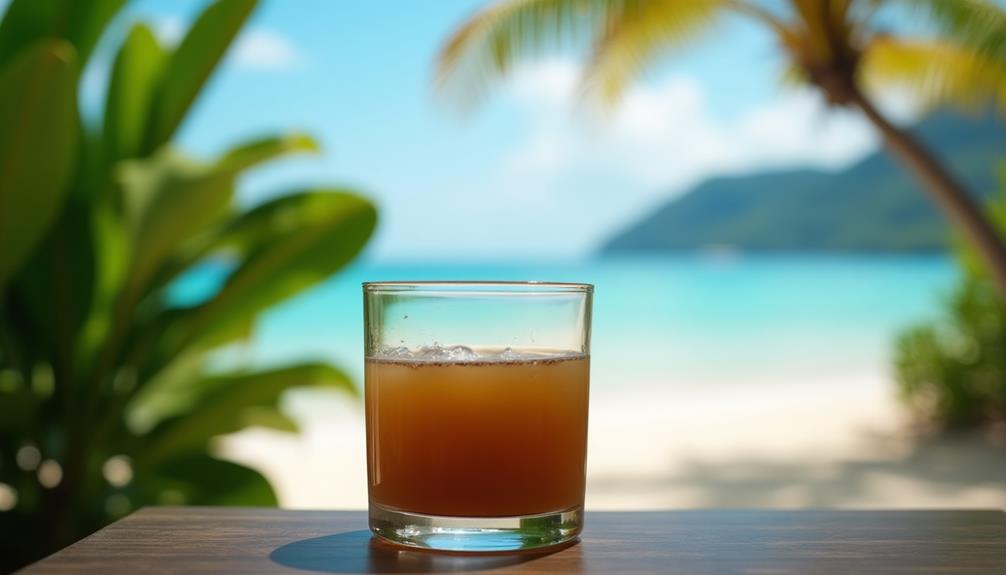
When considering the health risks of tap water in Koh Samui, it's crucial to understand the potential contaminants that could affect you. Travelers' experiences often reveal health concerns such as gastrointestinal issues, which can be traced back to pathogens like E. coli and Giardia. These microorganisms thrive in water that hasn't undergone rigorous treatment, making it risky for consumption.
Beyond microbes, chemical pollutants also pose significant health risks. Heavy metals like lead and mercury can seep into the water supply from corroded pipes or industrial runoff. Long-term exposure to these contaminants can lead to severe health problems, including neurological damage and kidney dysfunction.
While locals might've built up some immunity, your stomach mightn't have the same resilience. Traveler experiences frequently highlight the importance of staying hydrated, but not at the expense of your health. Instead of playing Russian roulette with the tap water, opt for bottled water.
It's a small price to pay to avoid transforming your dream vacation into a never-ending bathroom marathon.
Tourist Accommodations
Many tourist accommodations in Koh Samui are well aware of the tap water concerns and have taken steps to assure the safety of their guests.
Whether you're staying at luxury resorts or budget accommodations, you can rest easy knowing they're on top of things. These establishments often provide solutions to mitigate any water-related worries. Popular areas like Chaweng and Lamai are particularly known for their advanced measures to assure guest safety.
Here's what you can expect from your stay:
- Filtered Water Systems: Many luxury resorts have state-of-the-art filtration systems in place. These systems are designed to remove contaminants and assure the water is safe for drinking and bathing.
- Complimentary Bottled Water: Both luxury resorts and budget accommodations frequently offer complimentary bottled water. It's a simple but effective way to keep you hydrated without the risk.
- Informative Signage: You'll often find clear signs in bathrooms and kitchens advising against drinking tap water. These signs are there to keep you informed and safe.
- Staff Training: Staff at these accommodations are usually well-trained on the tap water issue and can provide you with reliable information and alternatives.
Bottled Water Options
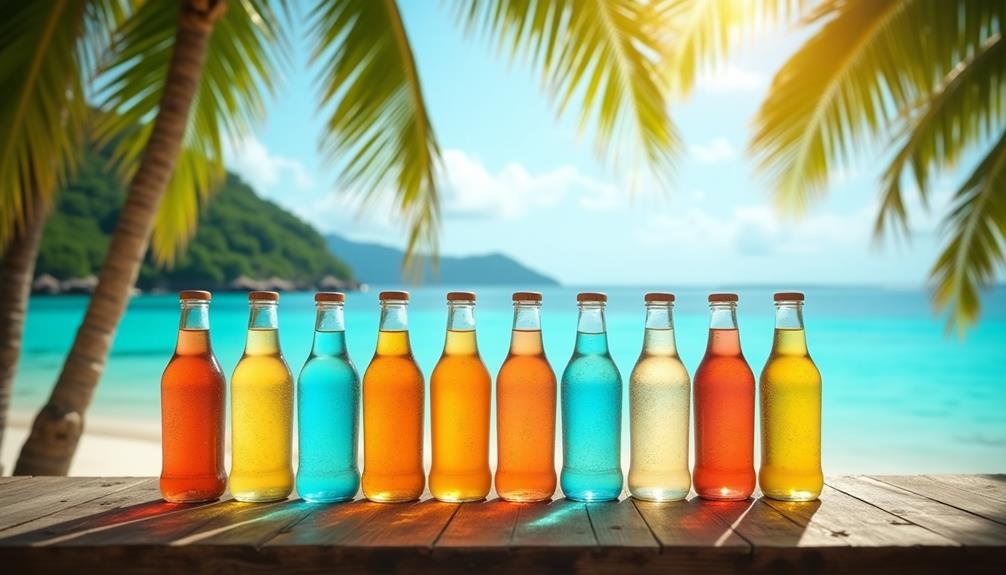
While tourist accommodations take significant measures to guarantee water safety, knowing your bottled water options is equally important for a worry-free stay in Koh Samui. You'll find a range of bottled water brands like Singha, Nestlé Pure Life, and Crystal, all known for their stringent purification processes.
Don't sweat it; these brands are reliable, and they've got your hydration needs covered.
Now, let's talk about bottled water pricing. You're likely to encounter various price points depending on where you buy. In local convenience stores, a 1.5-liter bottle can cost around 10 to 20 Thai Baht (about 30 to 60 cents).
Supermarkets might offer bulk deals, making it more cost-effective if you plan to stay longer. On the other hand, hotels and tourist hotspots tend to inflate prices, so expect to pay a bit more there—sometimes double or triple.
For the eco-conscious traveler, some brands offer recyclable or biodegradable bottles. Just imagine, your water habit can save the world, one sip at a time!
Filtration Devices
You should consider various types of filters, including activated carbon, reverse osmosis, and UV purifiers, to guarantee safe tap water in Koh Samui.
Regular maintenance and timely replacement of these filters are essential for peak performance.
Always follow the manufacturer's guidelines to maintain water quality and filter efficacy.
Types of Filters
When considering the safety of tap water in Koh Samui, understanding the various types of filtration devices is essential for guaranteeing clean drinking water.
Let's explore some effective options that can turn questionable tap water into something you'd actually want to drink.
- Activated Carbon Filters: These are fantastic for removing chlorine, sediment, and volatile organic compounds (VOCs). They work by adsorbing contaminants onto a carbon surface. Think of them as the bouncers at a club, keeping the riff-raff out of your water.
- Reverse Osmosis Systems: If activated carbon filters are the bouncers, reverse osmosis systems are the VIP section. They use a semi-permeable membrane to remove ions, molecules, and larger particles, making your water ultra-pure. This process is highly effective but can be slower and requires more maintenance.
- UV Purifiers: These use ultraviolet light to kill bacteria and viruses. Imagine a tiny disco party in your water where the UV light is the DJ that zaps all the unwanted guests.
- Ceramic Filters: Ideal for filtering out bacteria and protozoa, these filters have tiny pores that physically block contaminants. They're like the strainer you'd use for your pasta, but for your water.
Choosing the right filter guarantees you won't need a biology degree to understand what's in your glass!
Maintenance and Replacement
Proper maintenance and timely replacement of filtration devices are essential to ensuring their effectiveness and longevity. You wouldn't drive your scooter around Koh Samui with a flat tire, right? Similarly, your water filter needs regular check-ups.
First, let's explore pipe maintenance. Over time, sediment and minerals accumulate, potentially clogging your system. Think of it as a cholesterol buildup; you want to keep those arteries clear! Regular flushing and cleaning your pipes can prevent this, ensuring a smooth flow of water.
Now, onto water replacement. Filters capture contaminants, but they've a limit. Ignoring the manufacturer's replacement schedule is like refusing to change your socks—unpleasant and unhealthy. Most filters need changing every 3-6 months, but it depends on usage and water quality. Keep an eye on indicators like reduced flow rate or off-tasting water.
Don't forget, humor aside, the lifespan of your filtration device is directly linked to how well you maintain it. Neglecting maintenance can lead to inefficiency and, worse, contaminated water.
Boiling Tap Water
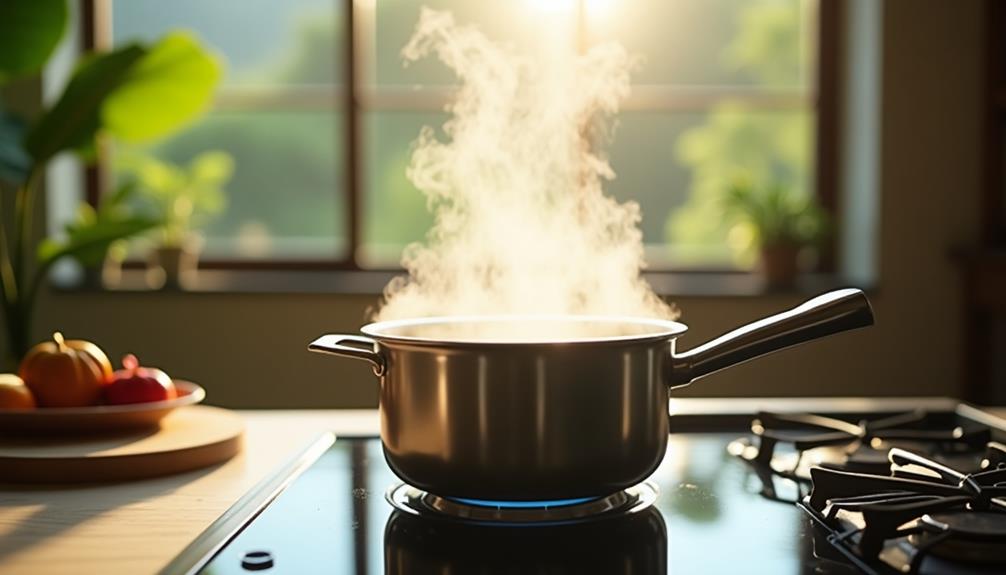
Boiling tap water is a common and effective method to affirm its safety for consumption in Koh Samui. By heating water to its boiling point, you effectively kill most bacteria, viruses, and parasites that may be lurking. This method is straightforward and doesn't require any fancy equipment—just a pot and a heat source.
When boiling water, follow these safety precautions to ascertain it's safe to drink:
- Boil for at least one minute: At sea level, one minute is sufficient, but if you're in higher altitudes (around 2,000 meters), go for three minutes.
- Cover the pot: This prevents contaminants from sneaking back in while the water cools.
- Cool it properly: Pour the boiled water into a clean container and let it cool naturally. Don't rush it by adding ice cubes; that's just inviting trouble.
- Store safely: Use a container with a tight lid to keep your boiled water fresh and free from recontamination.
Local Opinions
Many locals in Koh Samui have diverse opinions regarding the safety of tap water. Some swear by it, claiming that they've been drinking it for years with no ill effects. They cite local perceptions that long-time residents have adapted to any minor contaminants that might be present. This belief often circles back to cultural beliefs rooted in resilience and adapting to one's environment.
On the flip side, many locals wouldn't touch tap water with a ten-foot pole. They point out that occasional reports of waterborne illnesses make them wary. These individuals often rely on bottled water, citing both personal experiences and collective wisdom passed down through generations.
Interestingly, some locals take a middle ground. They don't drink tap water directly but use it for cooking, arguing that boiling eliminates any potential hazards. Their stance is a blend of scientific caution and cultural adaptability.
Government Regulations
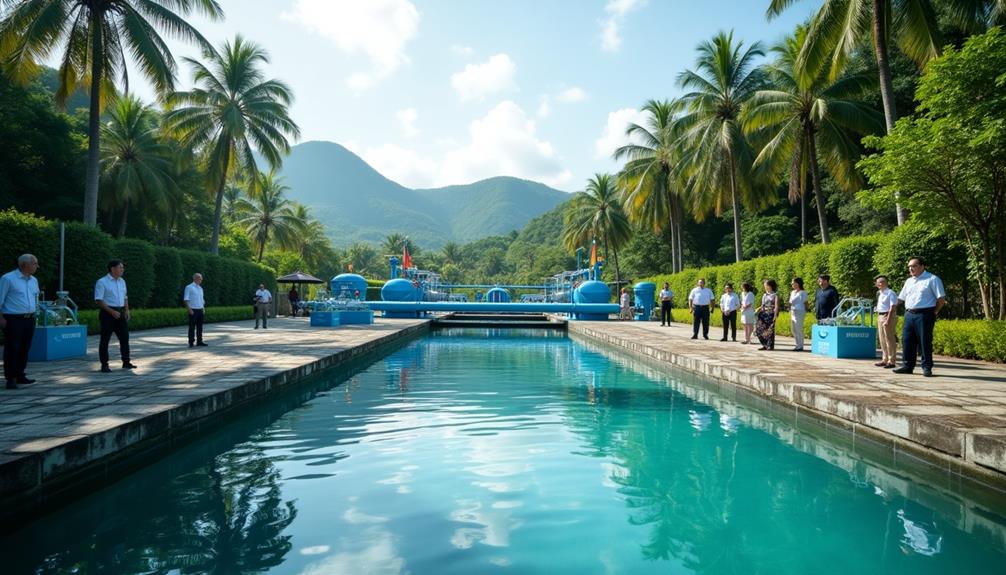
Government regulations play an essential role in guaranteeing the safety of tap water in Koh Samui. The Thai government sets stringent water quality standards to protect public health. These standards are enforced by various agencies that monitor and regulate the water supply to maintain regulatory compliance.
So, while you might question the safety of the tap water, rest assured that there's some serious oversight behind the scenes.
Here's a quick rundown of what the government does to keep your water safe:
- Regular Testing: Water is tested frequently to guarantee it meets established quality metrics.
- Treatment Protocols: Advanced treatment technologies are employed to remove contaminants.
- Compliance Audits: Random and scheduled audits guarantee that water suppliers adhere to regulations.
- Public Reporting: Transparency is key, so water quality reports are made available to the public.
In short, the authorities don't just sit around hoping the water's clean; they've got teams and tech working tirelessly to guarantee it.
While no system is foolproof, the layers of regulatory compliance provide a robust framework aimed at keeping Koh Samui's tap water within safe consumption limits.
Safe Drinking Tips
Ensuring you're consuming safe drinking water in Koh Samui involves a few practical and evidence-based tips.
First, stick to bottled water for drinking. It's not just fancy marketing; sealed bottles offer a reliable safety net for your hydration importance. Check the seal before chugging, as tampered bottles can be sneakier than a gecko in your suitcase.
Next, consider investing in a portable water filter. These gadgets are small, mighty, and perfect for the island life. They can zap those microscopic nasties right out of your tap water, making your drinking habits both safe and sustainable.
Boiling water is another trusty method. Bring it to a rolling boil for at least one minute to neutralize harmful organisms.
